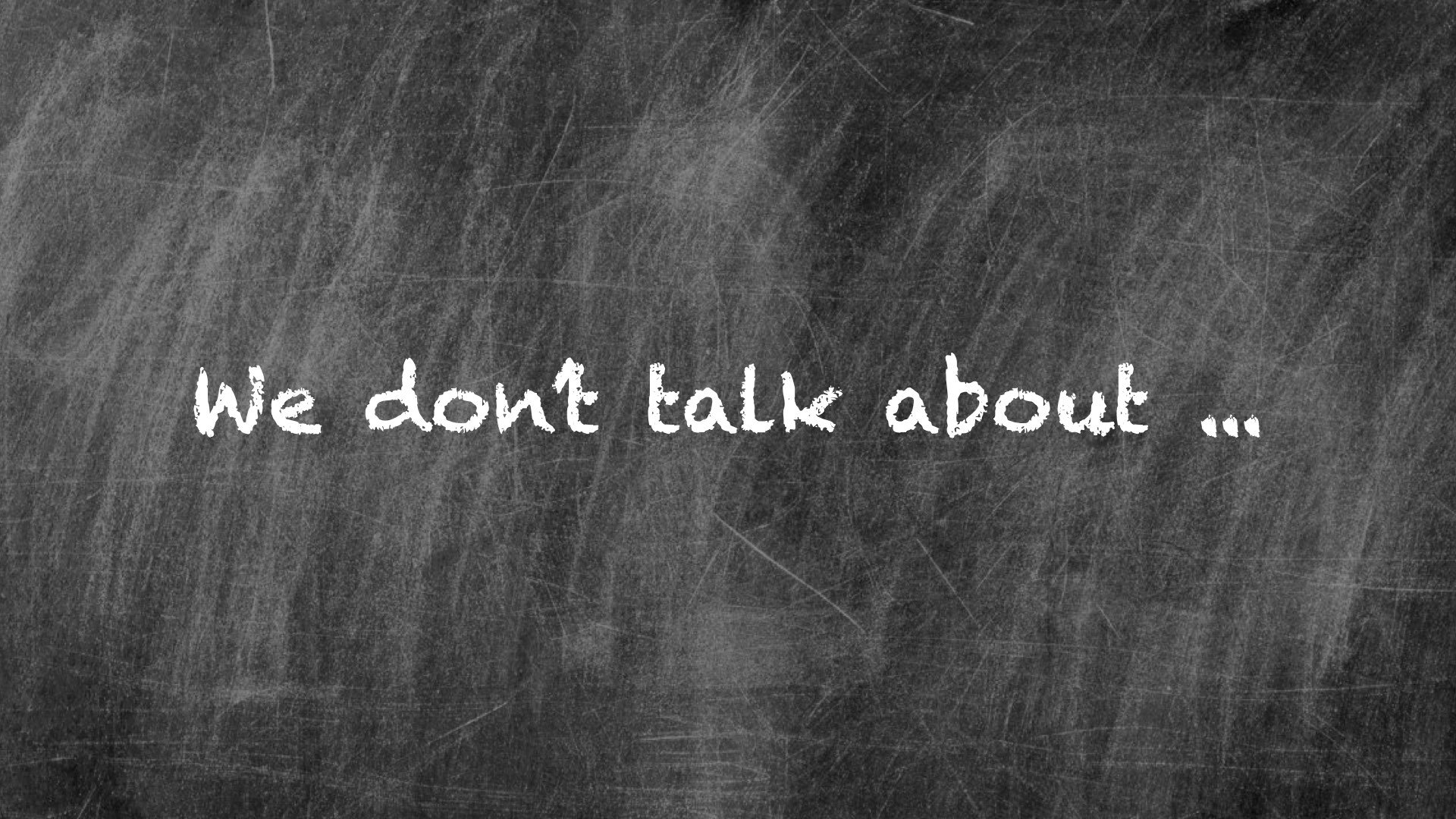
April 2 Steve Staten https://www.bridginginternational.com/about
The success of the song, “We Don’t Talk About Bruno,” written by Lin-Manuel Miranda for the Oscar-winning animated feature Encanto, seems to have surprised even the film’s producers, who did not enter it for Oscar contention, though it has now risen higher on the charts than both Frozen’s “Let It Go” did in 2014 and The Lion King’s “Can You Feel the Love Tonight,” did in 1994, becoming the first song from a Disney animated film to reach the Billboard No. 1 since Aladdin’s “A Whole New World” in 1993. However, perhaps it should be all too clear why this song, at the heart of a film with no single antagonist (a Disney outlier), is striking a proverbial chord in this cultural moment.
One explanation for the popularity of “We Don’t Talk About Bruno” is captured by Spencer Kornhaber, staff writer for the Atlantic: “Many people have experienced group dynamics in which rumors, shaming, and silence beat out dialogue and empathy. As much as the clockwork catchiness of the song is creating the fascination with it, relatable themes about marginalization and family dynamics may be pulling listeners back to the song too.[1]”
Indeed, we live in times where even the most credible voices are being too rashly marginalized and silenced in our communities, and I believe the enticement of the song and the film is a safe vehicle for a shared response to a national culture of polarization and politicization where uncurious voices shut down open dialogue and conversation on both the left and the right.
While there is no single antagonist in the story of Encanto, there was community dysfunction related to the undiscussed past, a controlling matriarch with hidden trauma, and suppressed fear about the future – in some ways, the antagonist was both collectively enabled, imagined, and realized into the very culture of the community.
Encanto, and more specifically, “We Don’t Talk About Bruno” highlights a character who possesses divergent views of the future. Nearly every member in the community was given a special magical gift and Bruno’s is prophecy, but his occasional warnings made him taboo among his family and the community.
Apparently, after Bruno spoke about an avoidable doom, he became emotionally exiled, so he went into hiding, and no one talks about him. All that happened before the story’s beginning and the song is used in the film to unpack this earlier injustice and bring Bruno’s most consequential pronouncement back into view—possibly in time to save everyone.
To the listener (the song) and viewer (the movie), Bruno represents someone who might have been odd or eccentric but tended to be right about projections and was not treated fairly. Another character, Mirabel, a young girl at the low seat of the community hierarchy, still finding her way, did not receive a magical gift, but she was clearly gifted. She encounters Bruno and pieces together the community story like no one else could. Even without magical power, Mirabel is smart and thinks for herself, which could make all the difference in saving the family. Through the story and especially the song, we learn that the community has been in denial, has judged wrongly, has been deluded by the significance of magic, and doesn’t want to come to grips with its mythical views of itself. Mirabel’s job, she eventually learns, was to wake up the community before it was too late. Her insight may be the most important gift.
Perhaps both the story and song are resonating with so many (including myself, an unlikely audience for a Disney animated film at sixty-something, which I admittedly only know about through my grandchildren) because we all have our own Brunos and Mirabels, both personally and collectively.
The marginalization of people and topics that are taboo occurs at every level - from a global and national scale to local communities and family units – and certainly, the local church is no exception. Popular Christianity and religious institutions are getting a dose of reality these days because we haven’t listened to our Brunos. The turmoil is already here, with judgment coming to churches and leaders who place charisma over character, command and control over feedback, and boy’s club mentality over accountability.
Having interviewed nearly 900 people in eighteen church communities over the last ten years, I hear what the Brunos have said, and what the Mirabels have observed. They desire open dialogue and a better experience when talking about uncomfortable topics—dysfunction, trauma, abuse, as well as questionable beliefs, and practices. And they are all too often dismissed. However, the damage of being silenced and marginalized is not only to the Brunos and Mirabels, but to the whole community, because sometimes marginal voices possess the much-needed gifts of foresight and insight. Encanto and “We Don’t Talk About Bruno” gently reflect a real truth resonating in this cultural moment, at least for the West, and in order to subvert disaster for others and even ourselves, all we must do is stop, listen, and stay curious before it’s too late.
[1] Spencer Kornhaber, The Biggest Reason ‘We Don’t Talk About Bruno’ Is a Hit (Atlantic, February 3, 2022).








